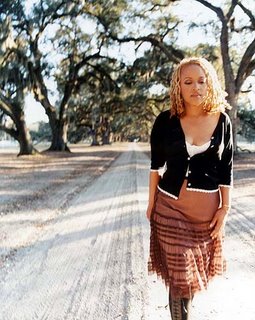Bobby Broom - "Who took the Soul out of Jazz"
So why, then, do we accept the use of the redundant categorization of soul-jazz? I understand that as merchants and consumers we need labels for shelves and aisles, but I believe that the definition currently implies so much more than simply a musical styleÂespecially within the inner circles of the jazz field. There is condescension and misrepresentation that occurs when the soul-jazz description is used (or misused) as a marketing and categorizing tool. It has been the case since the 1970s that the blues element has been progressively Âfactored out of what is considered the most sophisticated, intellectual and modern forms of jazz; it has been marginalized and codified to represent a commercial category that is more simple than the rest. So what effect does this kind of blues stereotyping have on the perception of the great jazz musicians, past and present (but especially the originators of jazz), who have utilized the blues as the basis for their creativity?I think it's a very good point. Especially as I see a lot less emphasis on the blues in jazz today, (at least in the material that crosses my desk every week). Much like many jazz musicians today who think they're took sophisticated to play "A Foggy Day" or some other standard (which is really quite sophisticated! - and please note, I'm not saying that everyone should only play standards, but that they shouldn't look down on those who choose to). I think a lot of jazz musicians today aren't thfamiliarlar with the blues. It's the kind of think they might THINK that they know, but actually doing it, and playing with SOUL is another matter. One theory is that the "jazz education" establishment is more interested in playing large orchestral material. Rarely do I hear a high school or college jazz ensemble play a blues. Maybe a combo occasionion, but I feel that this is a significant issue. Kids today don't come up playing in juke joints or on the "chitlins circut" where you HAD to know how to play the blues. The jazz education establishment is where kids play these days, and that's how they learn, even jam sessions aren't what they used to be (or so I'm told, I wasn't around for the glory days), and if they aren't challenged to do it in that setting, where will they be?
Another thing - musicians will practice hours upon hours to work on their chops playing over Coltrane changes, playing Giant Steps in all 12 keys so that they can impress their musician friends. But they forget that Coltrane, in essence, was a blues player, same for Bird, etc. Perhaps a 12 bar blues seems simple to them, so simple they don't need to work on it? Just a thought. Read Bobby's complete post here.




